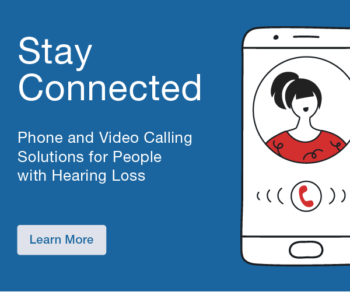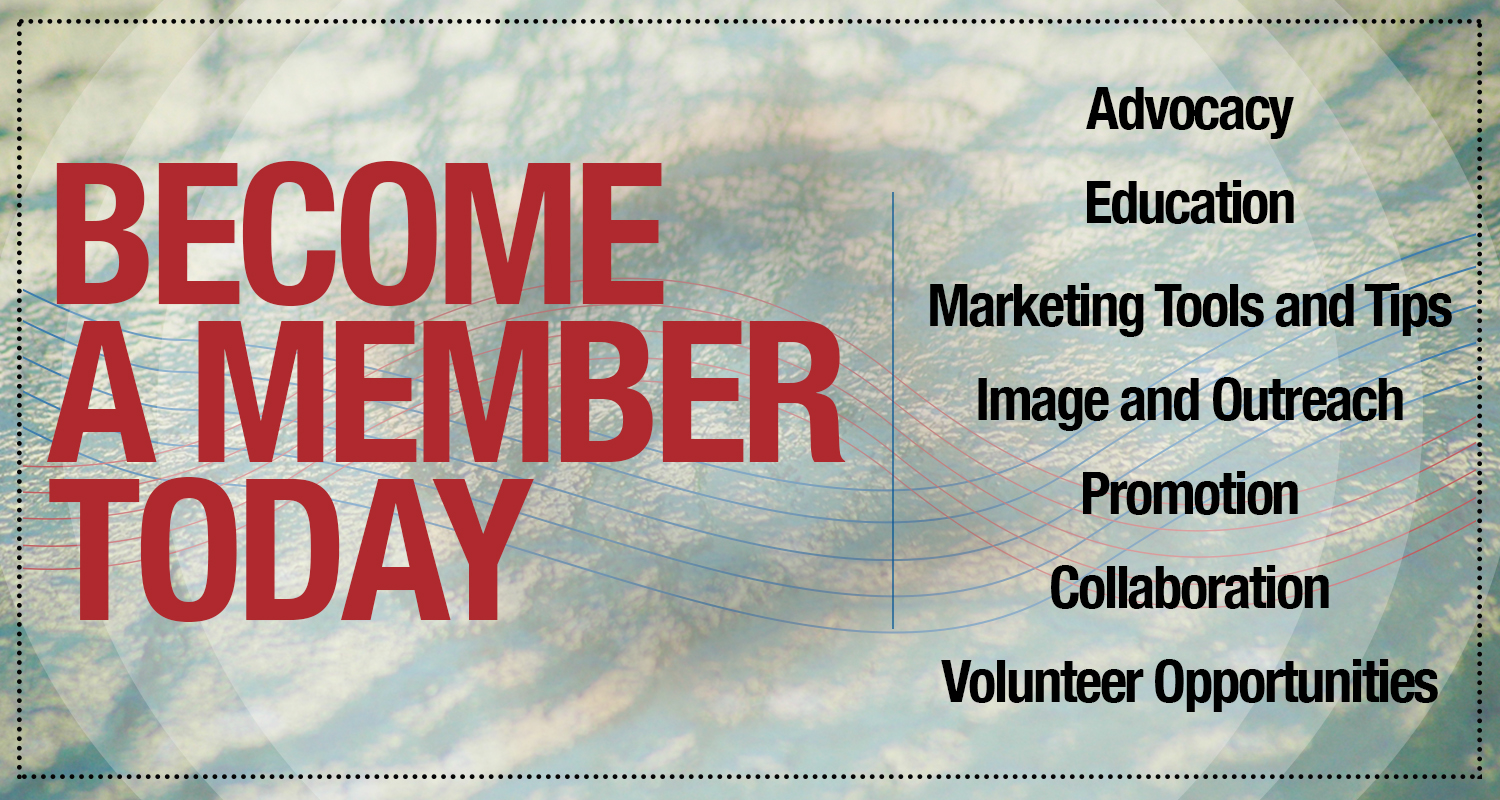Artificial intelligence is now shaping real-time hearing aid adjustments, diagnostics, and clinical workflows. This rapid integration presents the profession’s greatest challenge: the technology is evolving faster than our clinical and ethical guidelines can keep pace. To uphold our duty of care, we must urgently transition from passive users to critical, ethical guardians of these powerful tools. This presentation delivers an actionable framework to navigate this new reality, built on four essential pillars: Clinical Accountability, ensuring professional judgment always overrides an algorithm; Critical AI Literacy, empowering us to demand transparency from industry; Health Equity, actively mitigating technological bias for all Canadians; and Patient Trust, safeguarding data and the human connection at the heart of our practice. Through real-world case examples, attendees will learn how to apply this framework. This session is a call to action to become the ethicists, advocates, and critical thinkers our profession now demands. Join us to lead the way in responsible healthcare innovation.
Learning Objectives:
- Identify and describe the four core ethical pillars—Radical Accountability, Critical AI Literacy, Health Equity, and Guardianship of Patient Trust—as they apply to the use of AI in clinical audiology.
- Analyze how the audiologist’s professional responsibilities are evolving, emphasizing their role as a critical evaluator of technology and an ethical guardian for the patient.
- Identify key sources of bias that have the potential to impact ethical practice in clinical audiology, and how to mitigate the impact in clinical practice.



